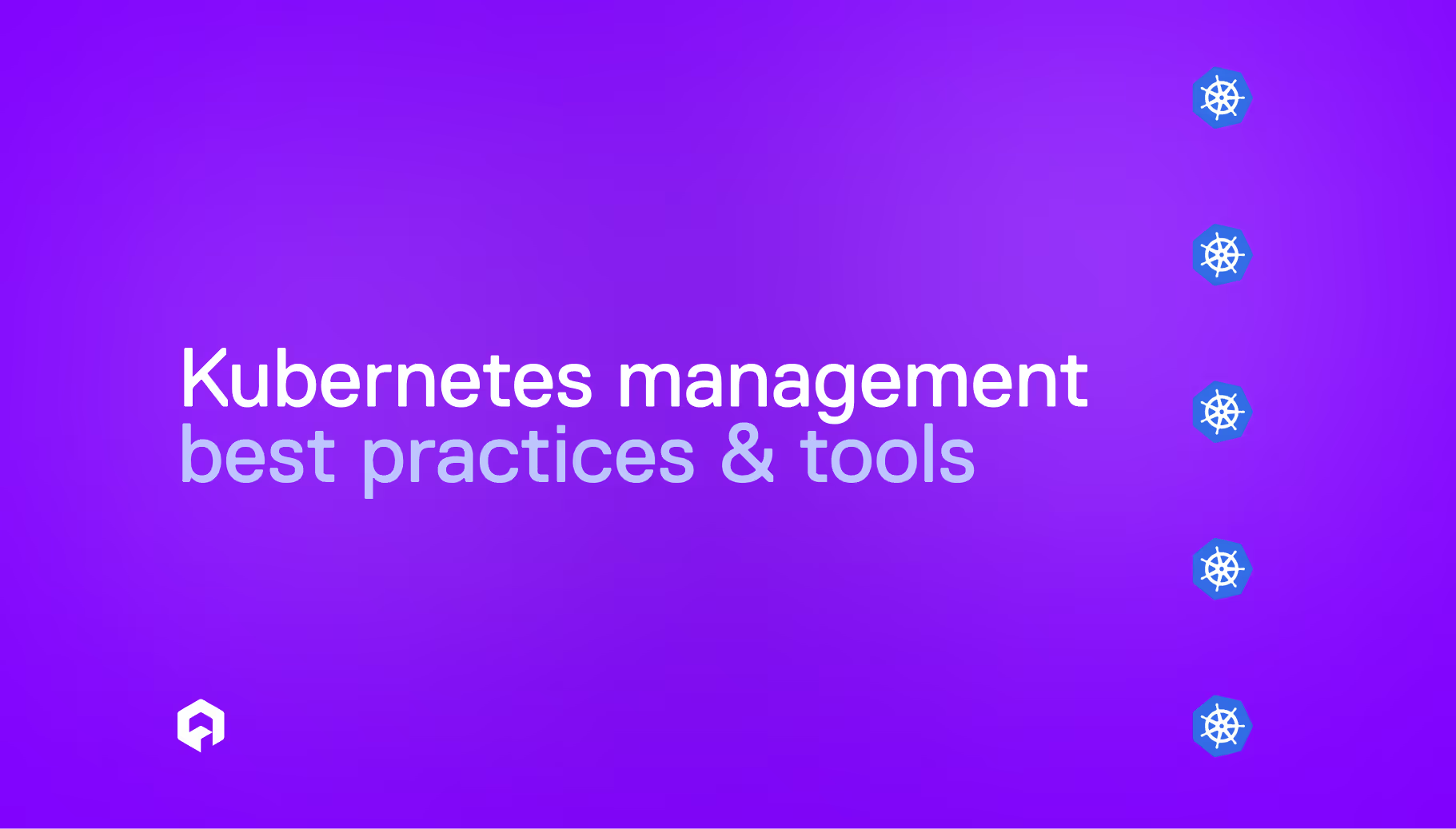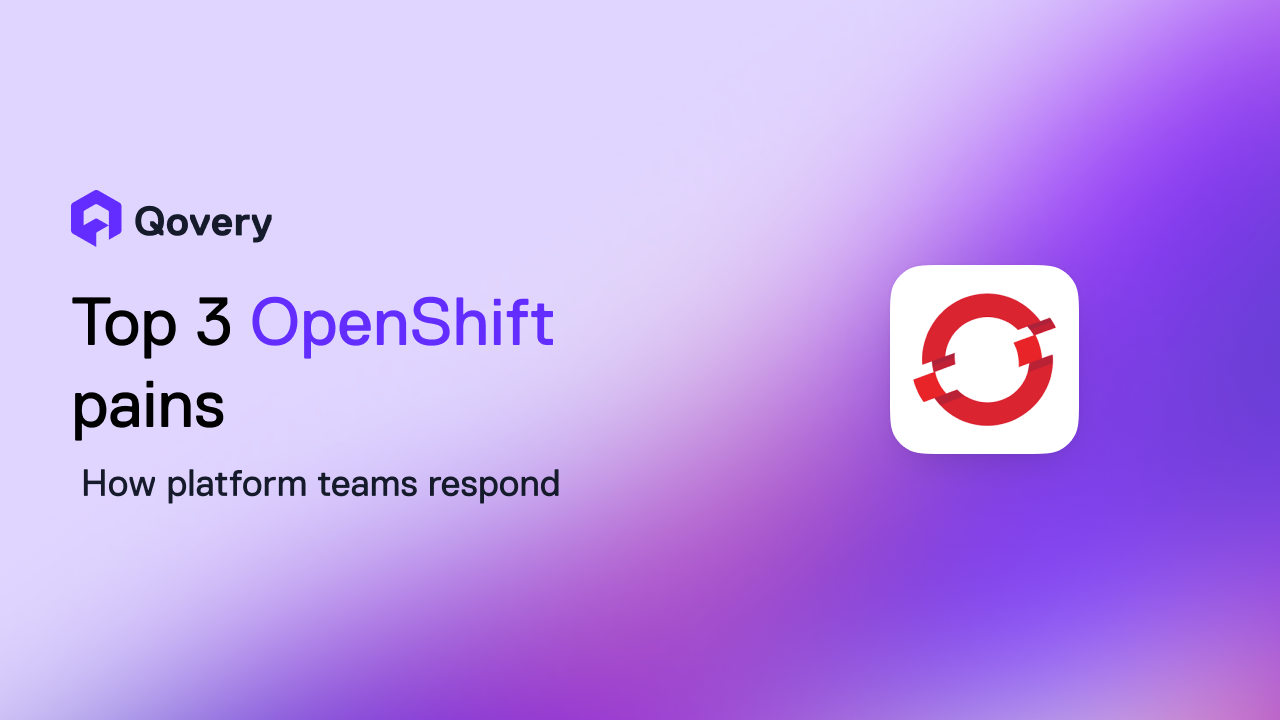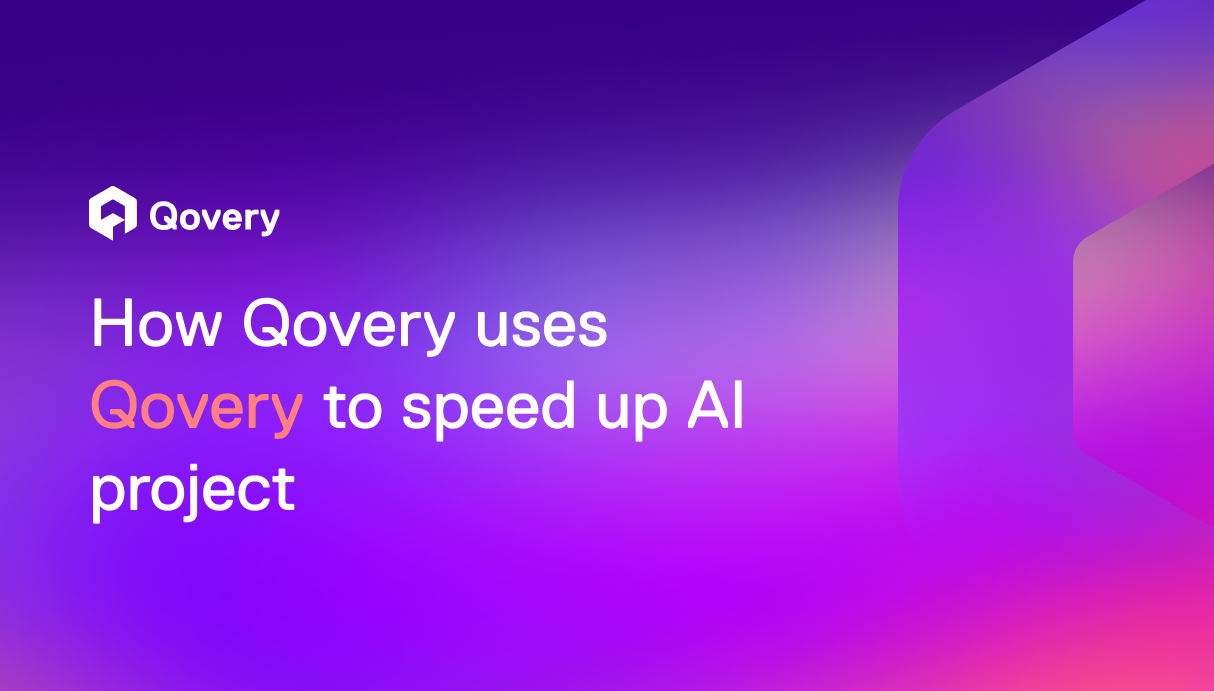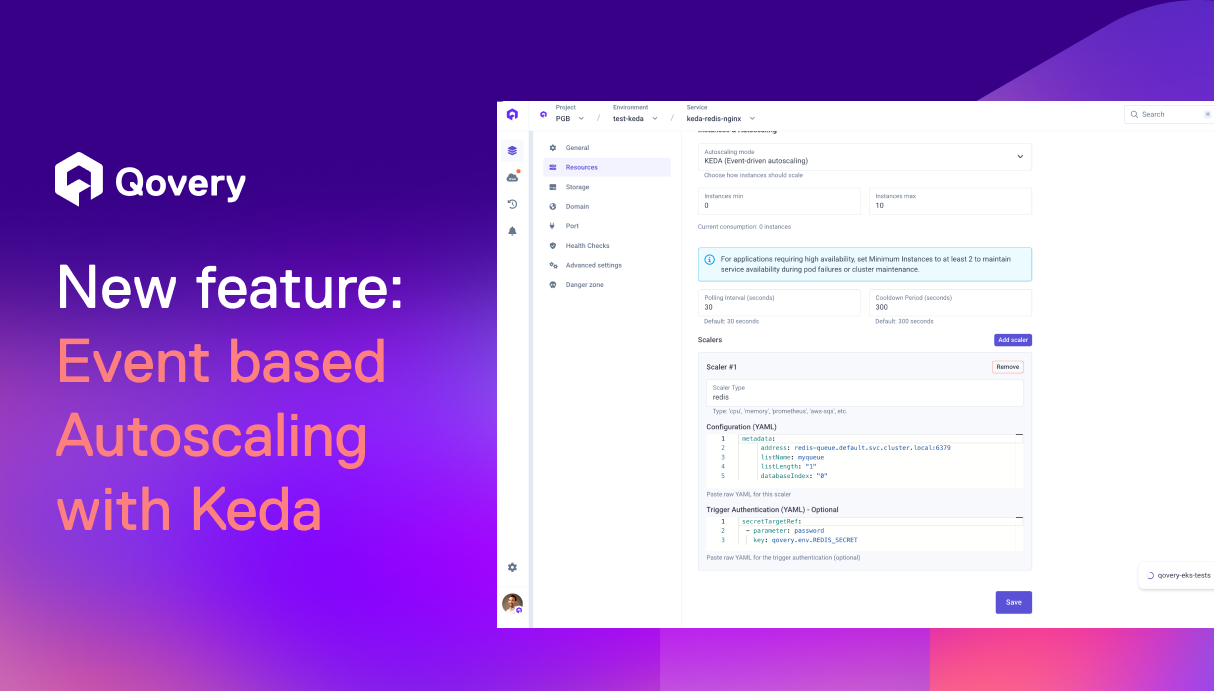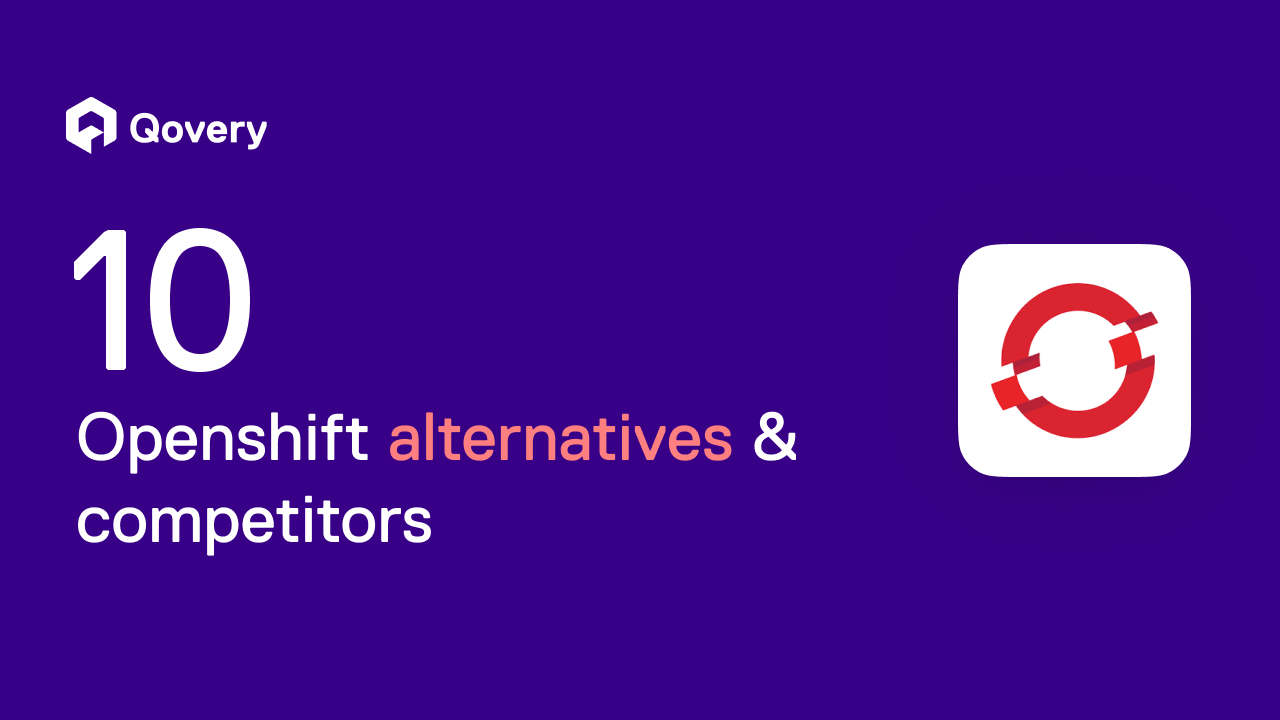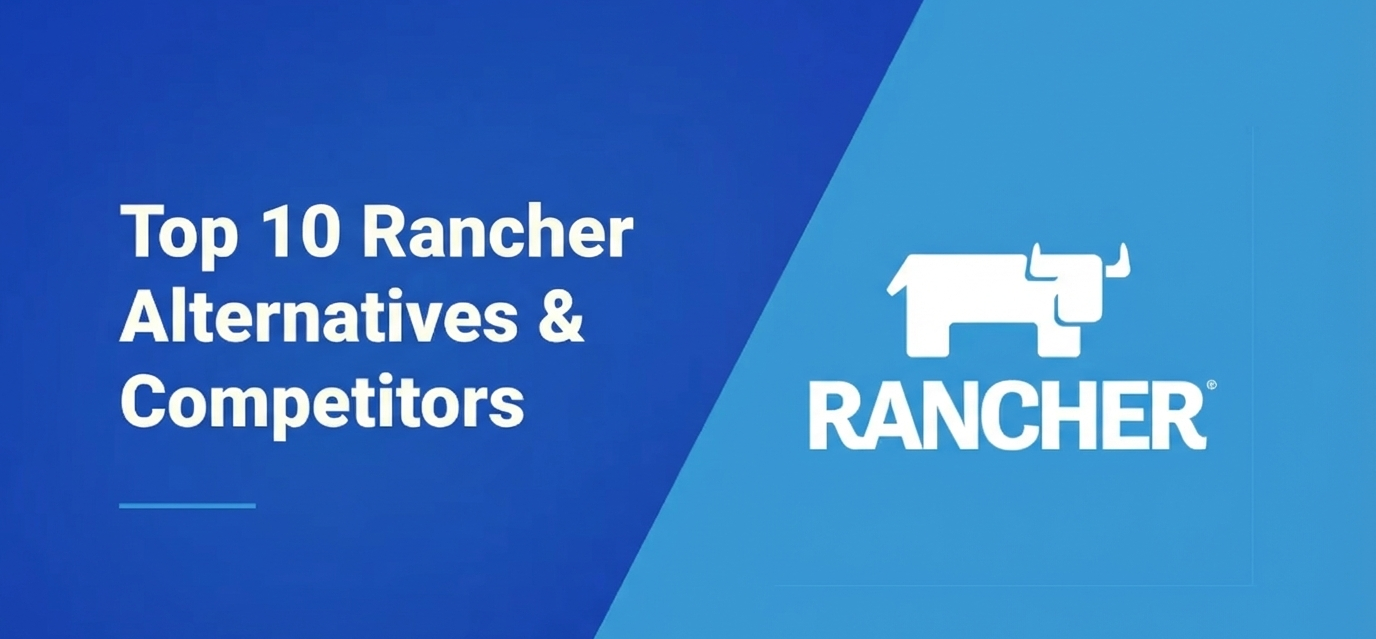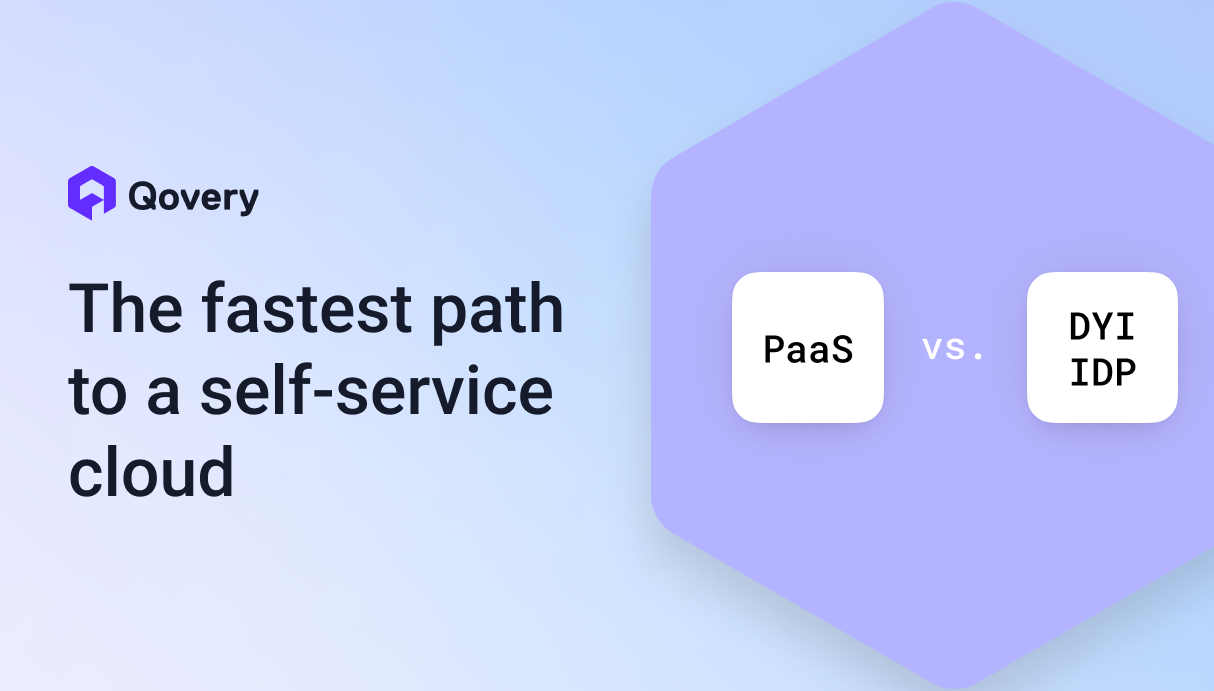
DevOps Checklist for Startups: Mastering Scale Without Dedicated Staff

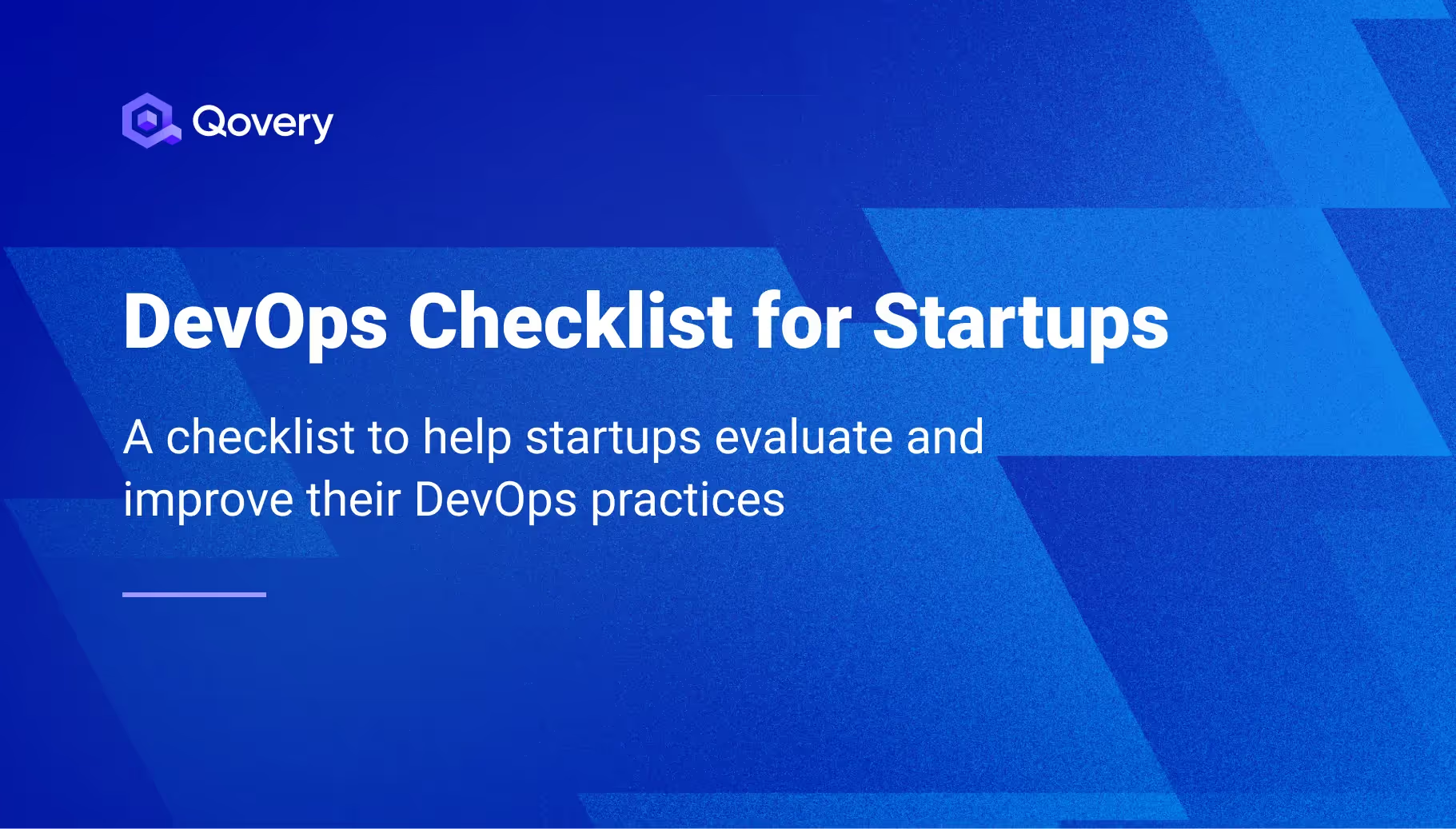

Key Points:
- Prioritize People and Culture: The core strategy relies on cross-functional teams, a culture of continuous learning, and blameless postmortems to ensure psychological safety. DevOps must not be isolated to a specific role; it must be shared across the entire organization.
- Mandate Automation and Visibility: All system configurations must be automated (IaC), and all deployments must be preceded by automated testing. Furthermore, ensure maximum visibility by giving all product team members access to code status, environment status, and key metrics to promote shared accountability.
- Focus on Velocity and Recovery: Strategy must prioritize sustainable velocity over short-term speed and focus on time to repair rather than time between issues. This includes empowering developers or product owners to deploy directly to production to ensure faster iteration and accountability.
You're focused on building and acquiring customers, but is your infrastructure ready for explosive growth? For startups with little or no dedicated DevOps staff, deployment complexity can quickly become a liability that suffocates progress.
This comprehensive checklist, tailored from our experience with over 200 startups, cuts through the noise. Use these seven key areas - from culture to automation - to immediately evaluate where you stand, plan your future progress, and ensure your team can scale smoothly and effectively without hiring a full-time DevOps engineer.
1. Alignment
✓ We prioritize according to business objectives.
- Ensure all DevOps activities align with the company’s goals to drive business value.
✓ Our team has clear objectives that correspond with our company vision.
- Define and communicate clear goals that align with the startup’s overall vision.
✓ Our product team focuses on sustainable velocity rather than current speed.
- Emphasize long-term productivity over short-term gains to maintain a sustainable pace.
2. Culture
✓ We volunteer for tasks rather than having them assigned.
- Encourage autonomy and motivation by allowing team members to choose tasks.
✓ DevOps is not isolated to a specific role or team in our organization.
- Promote cross-functional collaboration to integrate DevOps practices throughout the organization.
✓ We cultivate an environment of continuous learning.
- Foster a culture that values learning from successes and failures to drive improvement.
3. Communication and Sharing
✓ We have a centralized instant message system including all members of our product team.
- Use tools like Slack, or Linear for efficient communication.
✓ All members of our product team have access to environment status, metrics, and history.
- Ensure transparency and accessibility to key metrics and system statuses.
✓ We make potential changes visible to all members of our product team.
• Maintain visibility of upcoming changes to keep everyone informed and prepared.
4. Automation
✓ Our configuration of systems is automated.
- Use Infrastructure as Code (IaC) tools like Terraform to automate system configurations.
✓ We have automated testing prior to automated production deployment.
- Use simpler, integrated tools like GitHub Actions or GitLab CI/CD to automate tests and ensure quality before deployment.
✓ Our release and deployment automation is environment agnostic.
- Use tools like Kubernetes to manage deployments across different environments seamlessly. Using tools like GitHub Actions or GitLab CI/CD can also help to manage deployments seamlessly across different environments.
5. Measurement
✓ We focus on time to repair rather than time between issues.
- Prioritize quick recovery and issue resolution to maintain system stability.
✓ We estimate based on measurement and past experience.
- Use data-driven insights and historical performance to improve estimation accuracy.
✓ All members of our product team have access to code status, metrics, and history.
- Provide comprehensive access to code and system metrics for informed decision-making.
6. Lifecycle
✓ Our software development cycle is iterative and adapts to project needs.
- Maintain short, flexible development cycles (e.g., 1-2 weeks) that can adapt based on feedback and project requirements.
✓ Developers or product owners are able to deploy our product to production.
- Empower those closest to the change to deploy and monitor the product, ensuring accountability and faster iterations.
✓ We manage defects efficiently to minimize impact on development.
- Immediately address defects to prevent larger issues and maintain product quality.
7. Organization
✓ Our teams are cross-functional and empowered.
- Structure teams to include diverse skill sets, enabling them to build, test, and deploy software independently and efficiently.
✓ Our teams are customer and product oriented.
- Align team efforts with customer needs and product goals for maximum impact.
✓ We enable peer and cross-functional review for changes.
- Encourage thorough review processes to enhance code quality and collaboration.
8. Process
✓ We follow agile development practices suited to our startup’s needs.
- Implement agile methodologies to support quick iterations, flexibility, and continuous feedback, ensuring the team can adapt rapidly to changes.
✓ We practice blameless postmortems.
- Conduct postmortems without blame to learn from failures and improve processes.
✓ Our documentation is version-controlled and shared.
- Use version control systems like Git to maintain and share documentation, ensuring consistency and accessibility.
How Qovery empowers startups to master DevOps practices?
Why Qovery?
Qovery offers an all-in-one solution for Kubernetes management, specifically tailored for startups and growing companies. By reducing the need for a dedicated DevOps team, Qovery significantly lowers costs and increases efficiency, allowing you to:
- Speed up development: automate infrastructure provisioning and deployments, allowing for faster releases and quicker iterations.
- Optimize costs: automatically scale resources based on demand, ensuring you only pay for what you use, which is crucial for budget-conscious startups.
- Focus on building: Qovery handles DevOps complexities, letting your team concentrate on developing the product and acquiring customers.
- Integrate seamlessly: Connect easily with existing tools like GitHub, GitLab, and Bitbucket, minimizing disruption and making the transition smooth.
- Enhance security and compliance: Benefit from built-in security features and compliance with standards like SOC 2, protecting your data and ensuring regulatory compliance.
- Scale effortlessly: Qovery supports multi-cloud deployments, allowing your startup to scale globally without additional overhead.
Cost savings and efficiency gains
Using Qovery can save startups up to 60% on DevOps costs compared to hiring a full-time DevOps engineer. By automating key processes, Qovery not only reduces costs but also accelerates time-to-market, which is crucial for startup growth and competitiveness.
Wrapping up
By following this DevOps checklist, startups can streamline their development processes, enhance collaboration, and accelerate growth. Based on our experience with 200+ startup customers, we’ve tailored these best practices to be practical and achievable for growing teams. Leveraging Kubernetes management tools like Qovery can simplify DevOps automation, making it accessible and efficient even without a dedicated DevOps team.

Suggested articles
.webp)



.svg)
.svg)
.svg)
